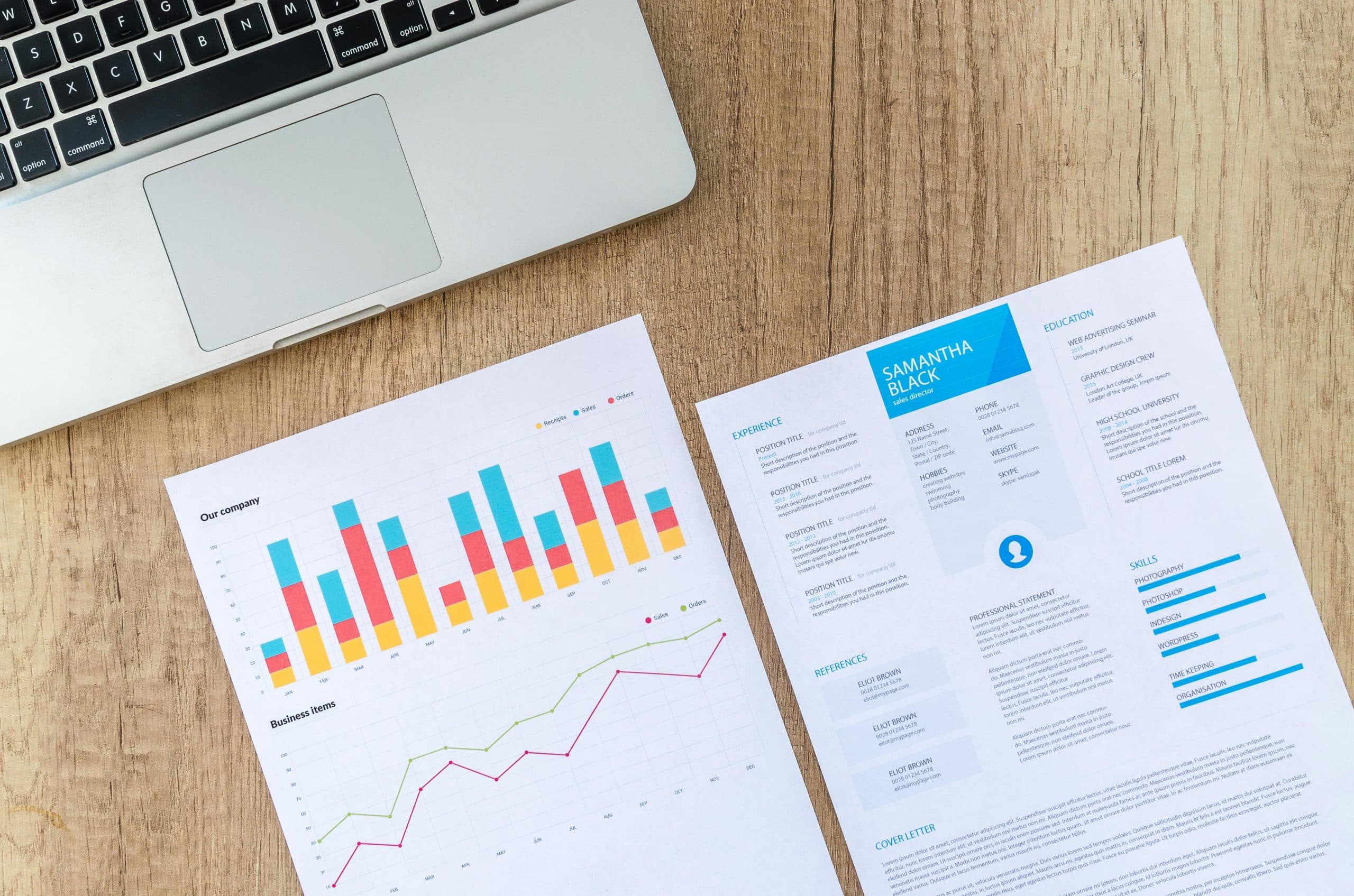
How can AI improve the precision of predictive analytics in financial markets?
In a world where data reigns supreme, the key to unlocking lucrative opportunities often lies in our ability to translate this data into actionable insights. This is particularly true in financial markets, where small movements can translate into significant gains or losses. Here, predictive analytics – the process of using historical and current data to forecast future trends, behaviors, and events – plays a pivotal role.
To further enhance the power of predictive analytics in finance, businesses are increasingly turning towards Artificial Intelligence (AI). AI's ability to parse through vast quantities of data, recognize patterns, learn from past experiences, and make accurate predictions is proving instrumental in transforming financial market operations. So, let's delve into the depth of how AI, with its advanced algorithms and machine learning models, can bolster the precision of predictive analytics in financial markets.
Sujet a lire : What are the considerations for integrating AI in autonomous drone delivery systems?
Harnessing AI for Enhanced Risk Analysis
Risk is a fundamental element of financial markets. From investing in stocks to lending loans, every decision revolves around assessing and mitigating risk. Traditionally, businesses relied on manual risk analysis methods that were time-consuming and prone to human errors. But with AI, they can now automate and enhance this process.
AI algorithms can sift through a mammoth of financial data, including credit scores, market trends, and economic indicators, to provide in-depth risk analysis. Moreover, with machine learning, these algorithms can continuously learn from new data, improving their predictive accuracy over time. This not only helps businesses make informed decisions but also reduces the potential for unexpected losses.
En parallèle : What are the steps to develop a serverless architecture for large-scale event processing?
Customer Behavior Prediction
Predicting customer behavior is another area where AI can significantly improve the precision of predictive analytics. Customers are the lifeblood of any business, and understanding their needs, preferences, and behaviors is essential for success.
With AI, businesses can analyze vast amounts of customer data, from purchase history to social media activity, to predict future behaviors. For example, they can anticipate which products a customer might be interested in or forecast potential churn. This enables them to tailor their marketing strategies, improve customer service, and ultimately increase revenue.
Market Trend Forecasting
In the volatile world of financial markets, foreseeing market trends can be the difference between profit and loss. This is where predictive analytics, powered by AI, comes into play.
AI models can analyze a multitude of data, including historical market trends, real-time market data, economic indicators, and more, to predict future market movements. Unlike traditional forecasting methods, AI can handle complex, non-linear data, making it more accurate and reliable. These insights can guide investment strategies, trading decisions, and risk management, optimizing financial operations.
Enhancing Financial Algorithms
In financial markets, businesses often use algorithms to automate trading, manage portfolios, and make investment decisions. However, these algorithms are only as good as the data they're based on. With AI, businesses can improve the quality and accuracy of this data.
AI can analyze vast amounts of financial data, identify correlations and patterns, and feed these insights into financial algorithms. This enhances the algorithms' predictive accuracy, helping businesses make more precise and profitable decisions.
Streamlining Decision-Making Process
In the fast-paced world of finance, businesses need to make quick, informed decisions to stay competitive. AI, with its advanced predictive analytics capabilities, can help streamline this process.
AI can analyze large volumes of complex data in real-time, providing instant insights into market trends, customer behaviors, and risk factors. These insights can inform decision-making, helping businesses respond swiftly and effectively to market changes, customer needs, and potential risks.
By harnessing the power of AI, businesses can enhance the precision of predictive analytics in financial markets, mitigating risks, optimizing strategies, and capitalizing on opportunities. As we continue to generate more data, the importance of AI in financial predictive analytics is only set to grow. So, it's high time businesses start leveraging this powerful tool to stay ahead in the competitive financial landscape.
Utilizing AI for Fraud Detection and Prevention
Fraud is a major concern for financial institutions, causing significant financial losses and damaging their reputation. Traditionally, fraud detection relied heavily on manual methods, which were often ineffective and inefficient. However, the advent of AI has revolutionized this aspect of financial operations.
AI, with its machine learning capabilities, can analyze massive amounts of data in real time to identify patterns and anomalies indicative of fraudulent activities. It can sift through transactional data, monitor online and mobile activities, and even use natural language processing to detect suspicious behavior in text-based communications. As it continues to process new data, AI's predictive models can learn and adapt, becoming increasingly adept at identifying potential fraud.
Moreover, AI can predict future fraud trends based on historical data and current market trends, enabling financial institutions to take proactive measures to prevent them. This not only minimizes financial losses but also helps maintain customer trust and business reputation.
Incorporating AI in Financial Forecasting
In the dynamic world of financial markets, accurate financial forecasting is key to informed decision making. Whether it's predicting stock market trends or forecasting revenue and sales, businesses depend on predictive analytics to guide their strategies and decisions.
However, traditional methods of financial forecasting often fall short in the face of complex market trends and massive amounts of data. This is where AI, with its advanced algorithms and machine learning capabilities, can make a significant difference.
AI can analyze big data from various sources, including market trends, customer behavior, and economic indicators, in real time. It can identify patterns, correlations, and trends in this data, which can then be used to make accurate financial forecasts. Furthermore, AI's machine learning models can continuously learn from new data, enhancing their predictive accuracy over time.
Through accurate financial forecasting, businesses can make informed decisions, manage risks effectively, and seize lucrative opportunities, ultimately driving growth and profitability.
In conclusion, AI is poised to play a transformative role in increasing the accuracy of predictive analytics in financial markets. From enhancing risk management and predicting customer behavior to detecting fraud and improving financial forecasting, the applications of AI are manifold and far-reaching.
However, the adoption of AI is not without its challenges. Financial institutions need to invest in the right infrastructure and skills to leverage AI effectively. They must also address regulatory and privacy concerns associated with the use of AI.
Despite these challenges, the potential benefits of AI far outweigh the hurdles. As we delve deeper into the realm of big data, the role of AI in predictive analytics is set to become increasingly significant. It's time for businesses to embrace this powerful tool and harness its potential to stay competitive and thrive in the fast-paced world of financial markets.
